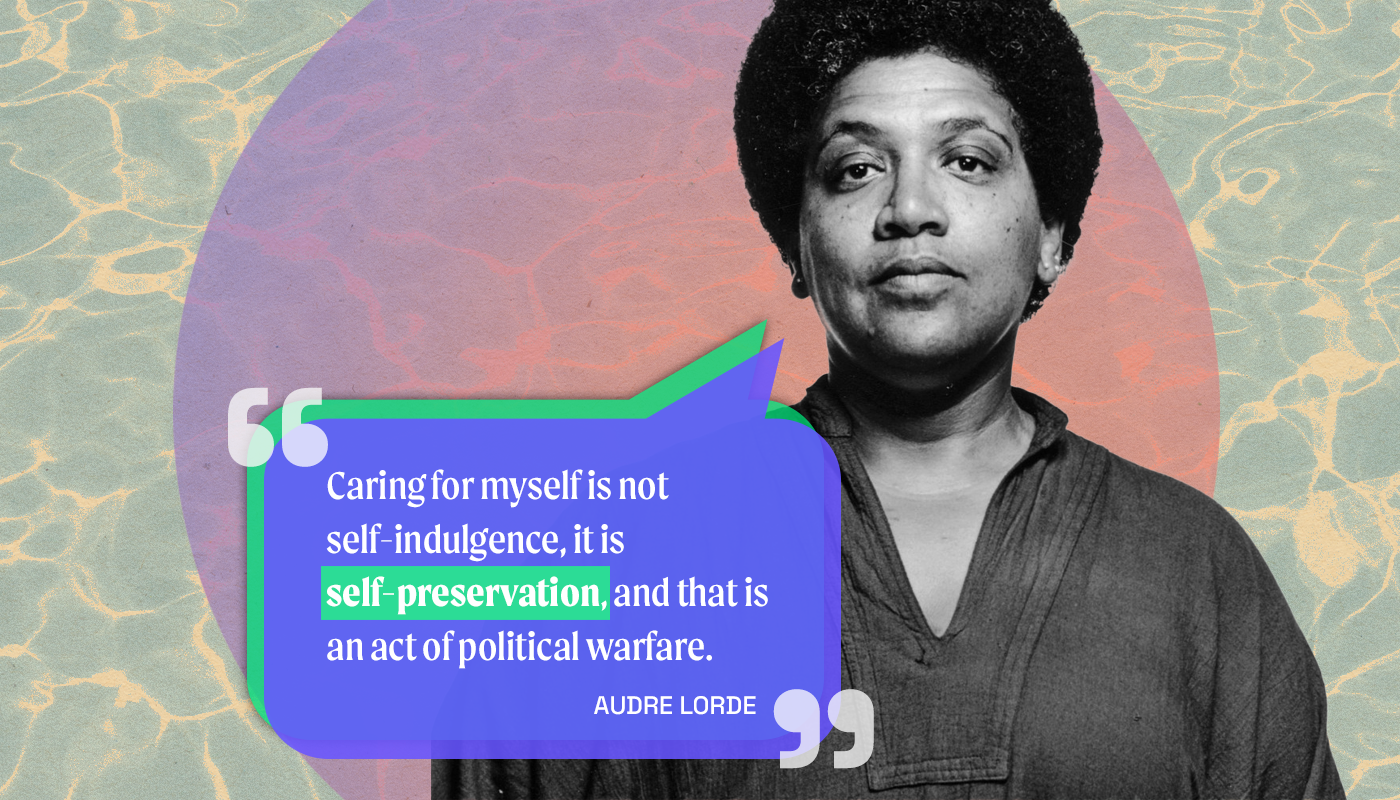Dear Men: How to advocate for women at work
Champion her, and gender equity, with these 5 tips.

Last fall, during a guest lecture I gave at a business school, a student raised his hand and asked the following question:
“There’s a woman at my company I have been advocating for to get promoted. She’s amazing and I know she can do the role. Men dominate the field and none of the company’s other leaders who are men believe she’s ready. I know she’s ready. What’s your advice? What can I do?”
It was one of the most honest and vulnerable questions I had been asked by a man in a while.
Study after study show men do not advocate for women at work:
- 60% of managers who are men are uncomfortable in work activities with women, such as mentoring according to Lean In
- 3 out of 10 men say women’s gains have come at the expense of men, according to the Pew Center for Research

of managers who are men are uncomfortable in work activities with women, such as mentoring according to Lean In.
What about the men who do advocate for women at work and feel alone in championing gender equality?
For the student who had the courage to ask, here are 5 ways to keep advocating when no one else believes she’s ready for the next level:
1. Quantify her track record of success
Be ready to articulate her track record of success. What points has she put on the board? What initiatives has she led and what were the results? As leaders, we should be able to quantify each individual’s track record if we want to minimize subjectivity when evaluating talent.
Ensure she gets credit for the work she delivered. There may be other leaders — including her manager — who take credit for her work, minimize her efforts or sabotage her work with an act as simple as not inviting her to meetings to present her own work. Be the microphone to amplify her accomplishments.
2. Challenge the standards
When peers say she is not ready for the next level, challenge the standards your organization has set. Who was the last man promoted into a similar role and what was his experience and track record of success? Was he promoted because: “he has charisma;” “just shows a lot of potential, even though he has never done that type of work;” and “is a fast learner?” Would this reasoning hold true for a woman? Review data for promotions rates in your organization over the last few years to see if bias exists.
A Harvard study revealed that men who schmooze with their bosses (who are also men) are more likely to get a raise or promotion. According to the study, this doesn’t hold true for women. I’ll never forget when I asked about my peer’s (a man) promotion and was told: “We took a bet on him.” The real answer: The colleague and his manager socialized on weekends; their wives had also become good friends.
3. Influence your peers 1:1
Connect with your fellow leaders one-on-one to understand their concerns about her candidacy. It may be easier to influence your peers over a virtual or in-person cup of coffee, rather a large debate with 12 leaders during a Zoom call. This approach helps break “groupthink,” where leaders who might have agreed to promote her didn’t speak out in a group setting. They fear dissenting with the group, valuing harmony and cohesion over challenging the status quo.
Rather than saying, “You are wrong, she’s absolutely ready for the next level,” ask open-ended questions like “Why do you see it that way? What would make her ready for the next level? Why do you think John was ready and she’s not?”
Be prepared to guide the conversation, listen intently, and offer persuasive evidence. This is especially important if they had misconceptions about her track record or question her leadership capabilities. This is an important moment to provide the facts and influence them about her candidacy for a promotion.
4. Ensure she gets feedback
Companies often blame women more for failures and hold us to higher performance standards. Additionally, if a woman is the “only one” in a field dominated by men, she may be more likely to be questioned and have to provide more evidence of her competence.
As an advocate for her career, ensure she gets the feedback she deserves. According to the research report “Gendered White Lies: Women Are Given Inflated Performance Feedback Compared With Men” from Cornell University, the study showed that managers may sugarcoat feedback to women, which can have devastating consequences on one’s career. When you don’t receive real feedback, you won’t know how to grow and improve. Ask leaders to provide detailed examples and give her 360 feedback.
5. Keep advocating for women at work
According to McKinsey & Company’s Women in the Workplace Report, women continued to lose ground at the first step up to manager for the sixth straight year. For every 100 men promoted to manager, only 85 women were promoted — this gap was even larger for Black women: 58 in 100 and Latinas, 71 in 100.
In 2020, the Fortune 500 List showed the number of women running America’s largest organizations hit a new record: 37 CEOs. Yet, this was only 7.5% of 500 CEO roles. 20 years ago, two CEOs were women. At this rate, we still have a long way to increase the number of women in leadership, and men in leadership can play a critical role, opening access, giving credit, and advocating for a woman’s advancement when she can’t herself.
Progress has been slow. But, gender equality at work can’t change without men. Continue to advocate for women at work you know are the future leaders of your organizations. Influence other men to join in championing for gender equality in your workplace.![]()








